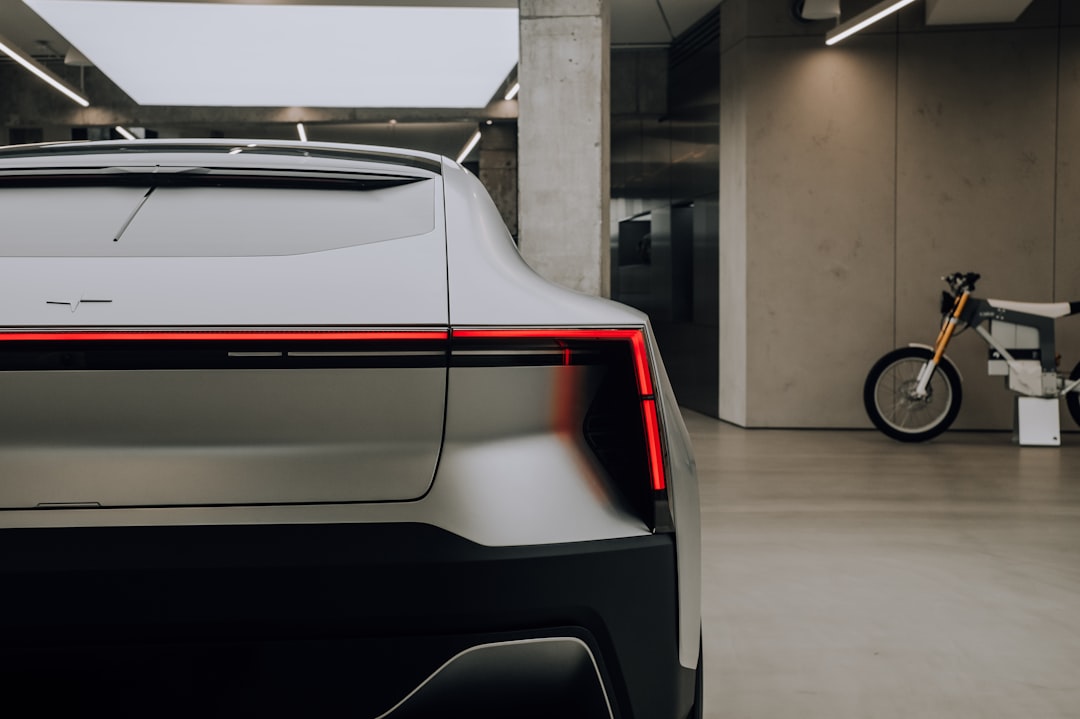Electric vehicles and the future of gasoline engine vehicles
The Rise of Electric Vehicles
The automotive industry is undergoing a massive shift. The future of transportation is no longer in the hands of gasoline engines. Instead, electric vehicles (EVs) are taking the lead, offering a cleaner, more sustainable, and increasingly affordable alternative. EVs are now seen as the future of the automotive industry.

Why Electric Vehicles?
Electric vehicles offer numerous advantages over their gasoline counterparts. They are more energy-efficient, produce zero tailpipe emissions, and have lower operating costs. Moreover, with advancements in technology, the range of EVs is improving, making them a practical choice for daily commuting and long-distance travel.
Environmental Impact
One of the main reasons for the shift towards electric vehicles is their minimal impact on the environment. Unlike gasoline vehicles, EVs produce zero tailpipe emissions, significantly reducing air pollution. Moreover, they are more energy-efficient, converting about 59-62% of the electrical energy from the grid to power at the wheels, compared to a gasoline vehicle's efficiency of about 17-21%.

Cost-effectiveness
Electric vehicles are not just environmentally friendly; they are also cost-effective. Although the initial cost of EVs can be higher than gasoline vehicles, the operating costs are much lower. EVs have fewer moving parts, which means less maintenance. Furthermore, the cost of electricity is much less volatile than gasoline prices, making EVs cheaper to run over time.
The Decline of Gasoline Vehicles
As electric vehicles rise, gasoline vehicles are facing a decline. With growing environmental concerns and the push for sustainable solutions, the demand for gasoline vehicles is decreasing. Many countries are implementing policies to phase out gasoline vehicles in the coming years.

Government Policies
Government policies play a significant role in the shift towards electric vehicles. Many countries, including the UK, France, and Norway, have announced plans to ban the sale of new gasoline and diesel cars in the next couple of decades. These policies are driving the automotive industry to invest more in electric vehicle technology.
The Future of Gasoline Vehicles
While it's clear that the future of the automotive industry lies in electric vehicles, it doesn't mean that gasoline vehicles will disappear overnight. The transition will take time, and gasoline vehicles will continue to be a part of the automotive landscape for some years. However, their dominance is undoubtedly waning, and the future is electric.

Conclusion
In conclusion, the rise of electric vehicles and the decline of gasoline vehicles is a clear indication of the changing landscape of the automotive industry. As technology advances and government policies continue to favor EVs, we can expect to see more electric vehicles on the road and fewer gasoline vehicles. The future of transportation is electric, and it's closer than you might think.
